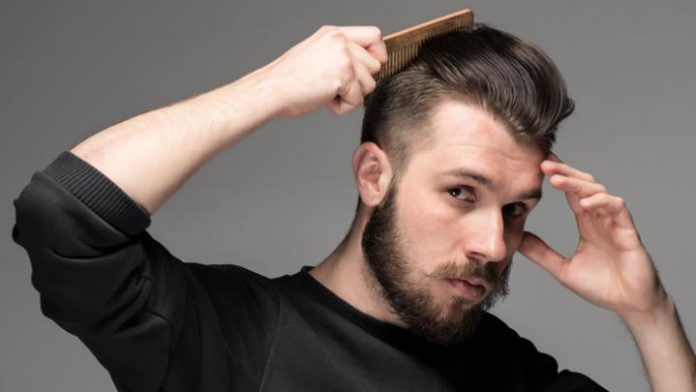Turkey is the leader in hair transplant tourism but illegal new clinics threaten to destroy the genuine business. An expanding network of clinics profits from an ever-growing number of visitors from abroad, mainly from Arab countries.
If official figures are to be believed, Turkey had 100,000 hair transplant tourists in 2015 – that’s 200 a day. However, a surge of illegal new clinics is threatening to destroy the genuine business.
The local black market is linked to a network of travel agencies desperate to stay in business after a disastrous year. A network of unlicensed hair-transplant businesses is spread across Istanbul and in other major Turkish cities.
This expanding network of clinics profits from an ever-growing number of visitors from abroad, mainly from Arab countries, the vast majority of whom do not realise they are being treated by illegal and often dangerous operators.
Every day scores of clients’ documents and lists of customers are delivered by middlemen to and from dozens of tourism agencies in central Istanbul.
Then the agencies introduce the patients to a clinic, which in return pays the agency a certain amount of commission per visitor. Once those seeking hair-replacement therapy have decided on a treatment, they usually arrive on an all-inclusive package covering a welcome at the airport, transport in luxury cars, a hotel reservation in a central location and transfer back after the treatment is finished.
Most foreign patients come from the Gulf to reverse hereditary hair loss. Many patients are lured by bargain prices and geographical proximity. A sub-industry has emerged – moustache transplants – attracting male patients inspired by Turkish soap opera actors or Hollywood celebrities. Most patients bring a picture of their favourite movie star or singer whom they want to look like.
The fake clinics offer a 100 % guarantee that the patient will look like his dreams, which ends in frustration.
Turkish surgeons and dermatologists have built good reputations for hair implant surgery but the mushrooming illegal clinics threaten to undermine Turkey’s regional place in the sector, while also damaging tourism.
Istanbul used to have only a handful of hair transplant clinics, all with a valid health ministry licences, but now many as six out of every 10 clinics operate illegally. Observers say the local authorities have long turned a blind eye to this problem and a lack of monitoring and auditing have contributed to the growth of such places. Istanbul City Health Council ducks any responsibility buy claiming that it is the health ministry’s duty to audit the clinics.
Professional clinics are primarily concerned that their unlicensed rivals are putting patients’ lives at risk, while also stealing potential customers.
The Turkish Society of Plastic Reconstructive and Aesthetic Surgeons and the International Society of Hair Restoration Surgery have both issued warnings for patients to be aware of potential health risks due to illegal clinics in Turkey.
In follicular unit extraction, hair implantation is simply removing hair from the back of the patient’s head and replanting it on the balding parts. It is predominantly male patients who seek this treatment, while female visitors opt for eyebrow implants. It takes three days to finalise the implant process and another six to eight months before transplants settle and hair grows normally. The official price of hair implant surgery by a licensed clinic starts from $1,500 but this can drop to as low as $800 among the illegal black market operators amid cut throat competition to lure patients.
Hair transplant surgery can only be legally performed in a hospital by a doctor, dermatologist or cosmetic surgeon. The hospital must clearly state the procedures of hair implant surgery treatment in its records; it must be equipped with an emergency unit and at least one surgery room. It also has to be properly registered with the national healthcare system according to Turkish laws. But illegal clinics operate in residential buildings, offices or even at small hospitals.
In many unlicensed clinics surgeons leave the work to technicians, inexperienced medical students and even to people with no medical training.
Apart from post-surgery infections or disappointing results, the patients’ lives are at stake, as hair implants are not simple surgery as promoted by clinics in the black market. If the patient has a heart disease there is a very real danger of serious injury or even death.
So far, no politicians, police, health authorities, tourism or medical tourism bodies are doing anything to stop the problem getting worse. Inaction means that sooner or later we will see headlines about hair transplant tourists dying- and by then it will be too late to explain the difference between legal and illegal clinics.








 ©2024 All rights reserved LaingBuisson
©2024 All rights reserved LaingBuisson 


